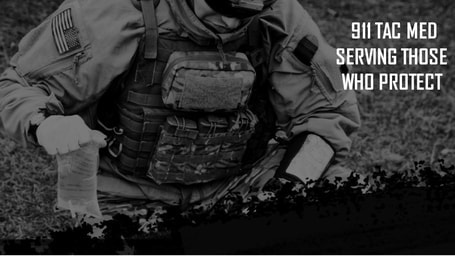- PRODUCTS
- >
- TRAINING DIVISION
- >
- ONLINE TRAINING COURSES
- >
- Online Flight Paramedic Prep For FP-C or Refresher (100 hours of CE)
Online Flight Paramedic Prep For FP-C or Refresher (100 hours of CE)
A comprehensive training and exam preparation program. Upon completion, the candidate sits for the FP-C certification. The candidate must possess a current State or NREMT-P certification to attend. This course is designed specifically those getting ready to test or for those recertifying and need 100 hours in an easy to understand format. Our course has a 20% higher pass rate than the national average, accomplished using relevant and to the point instruction. This course provides insight and clarity to complex critical care medical concepts and procedures. 100 hrs will go towards your IBSC Flight Paramedic Certification. The FP-C has to have a total of 100 hrs of IBSC accredited CEUs ever four years to maintain the credential. This will also go to your State or National Registry for Paramedic.
Course break down:
Labs
ABG
Hemodynamics
Cardiology
Vent MGMT
Vent Case Reviews
Pharm
Nuero
Endocrine
eFAST
IABP
Airway RSI
Sepsis
Burns
OB Peds
Ped Poly trauma
Trauma
Documentation
Flight Phys
Body Mechanics
Phych
Environmental
X-Ray
Blood ADM
Toxicology
POPULATION BEING CERTIFIED:
The Certified Flight Paramedic (FP-C) exam candidate is a paramedic professional seeking employment with or who is currently associated with an air medical transport service. The candidate must possess an advanced level knowledge of the various transport environments, not the sole requirements or specifications for any one individual transport program or patient population, i.e.: adult, pediatrics, neonatal, maternal, etc. Candidates must have an understanding of advanced level patient care pathophysiology, while maintaining a significant knowledge of current standards established for Advanced Cardiac Life Support (ACLS), Pediatric Advanced Life Support (PALS), Neonatal Advanced Life Support (NALS), International Trauma Life Support (ITLS), and industry accreditation standards. This certification examination is beyond the scope of the average, entry-level field paramedic and is not intended to evaluate entry-level knowledge; but rather to measure the experienced paramedic's skills and knowledge of the patient requiring critical care intervention during the various aspects of patient transport, i.e.: ground ambulance, helicopter, aircraft, marine/boats, etc.
The target audience for the Certified Flight Paramedic (FP-C) certification is any licensed or certified paramedic functioning in a specialty and or air medical critical care area of clinical practice. The broader audience includes the following:
• United States government
• United States military as well as foreign militaries
• Federal, state, and local Emergency Medical Services (EMS) providers
• Private and government operated Emergency Medical Services (EMS) agencies
• Helicopter and fixed wing medical transport programs
• Marine transport, i.e.: U.S. Navy, maritime vessels, etc.
• Hospitals and various acute care medical facilities
• Education institutions such as local and state colleges or technical centers that provide Emergency Medical Services (EMS) training
• Municipal fire protection departments
• Various local, state, and federal police or law enforcement agencies
• Other areas around the globe that already or may require specialty certification, i.e.: State Department operations, Department of Defense (DoD), etc.
IBSC EXAMS:
The Certified Flight Paramedic (FP-C) Examination consists of 110 scored items and 25 unscored items. The candidate is provided 2.5 hours to complete the examination. The certification is focused on the knowledge level of accomplished, experienced master-level paramedics currently working with a Flight and /or Critical Care Transport Team(s). The questions on the examination are designed to measure this specialty area of paramedicine, not entry-level knowledge of the paramedic. The candidate is expected to have mastery of the knowledge of current critical care transport medicine standards and the experienced paramedic's skills and knowledge.
As you prepare for the examination, please consider the variety of mission profiles throughout the spectrum of transport medicine. Please remember this examination tests the candidate's overall knowledge of the transport environment, not the specifics of one individual program. Just because your program does not complete IABP transports, does not mean you will not have questions related to these types of transports. Likewise, if your program is not CAMTS accredited, you still need to understand the basics of the accreditation standards for the examination.





